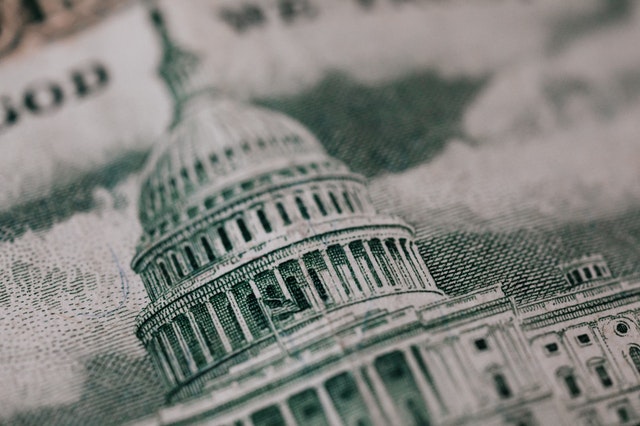
Coinposters
Crypto Execs ask US Congress Clarity on Regulations

A number of executives of some leading crypto enterprises in the U.S. had the opportunity to present your concerns to the House Committee on Financial Services regarding cryptocurrency regulations. Several of these executives appeared united in trying to convince the US lawmakers to offer clarity on the regulatory framework for cryptocurrency.
About the Discussions about Regulations
These CEOs and lawmakers had these discussions on Wednesday. This was at an important hearing regarding crypto. There at the “Digital Assets and the Future of Finance”, subthemed “Understanding the Challenges and Benefits of Financial Innovation in the United States” they discussed the future of crypto regulation in the US. The executives informed the lawmakers about the hurdles their businesses experienced as issuers of stablecoins and also as digital asset exchanges. Among these CEOs in attendance were two top officials from Coinbase, FTX CEO Sam Bankman-Fried, Paxos CEO Chad Cascarilla, Jeremy Allaire, the CEO of Circle, Stellar Development Foundation CEO Denelle Dixon, and Alesia Haas, and Bitfury CEO Brian Brooks.
Comments by the Crypto Executives
Allaire from Circle stated in a written statement before the hearing that it was in support of the efforts the lawmakers were making. The executive specified that these efforts were for national licensing and Federal supervision of issuers of stablecoin. Allaire stated that that was relevant since many of these issuers were now too “big” to ignore. Cascarilla appeared to agree with this perspective. The CEO in commenting on the financial system in the USA described it as inadequate for managing the digital economy that is growing. Cascarilla, however, added that blockchain may be the answer to this problem.
The PAXO executive informed the meeting that a blockchain system could complete trades in 24 hours. It can also handle counterparty risks and remove the expensive central clearinghouse. He added that this would allow participants in the market and lawmakers the opportunity to monitor and adjust settlements. It could also handle margin issues all as it was happening. He added that everyone was aware that the trade settlement cycle needed to be shortened. He said that it was necessary since it was a high priority for the SEC. Thus, he said taking great efforts to ensure it.
Brooks offered Fidelity as an example of companies driving progress in the digital asset space. He stated that these companies were opting for other countries than the United States of America to set up a business. He reasoned that this was because of better regulations elsewhere. Fidelity established a Bitcoin exchange trading fund in Canada. This was after they did not get approval from the U.S. Securities and Exchange Commission for one.
Brooks estimated that crypto talent is not centered in Silicon Valley anymore. He stated that this was because of the regulatory issues surrounding crypto in the US. Silicon Valley, being the original home of the commercial internet. Brooks added that some experts in the space have relocated to Miami. Many others relocated to other countries like Dubai, Abu Dhabi, Portugal, Singapore. These relocating were going to places where there are no crypto regulations but are progressive and growth orientated.
Comments by the House Representatives
In discussions with the group of executives, Patrick McHenry countered. He said that technology in the cryptocurrency arena was regulated already. He however did acknowledge that the current framework was possibly “clunky” and not current. McHenry added that misunderstanding with his fellow committee lawmakers could cause crypto and blockchain overregulation. In a statement, he said that what was needed were “rules of the road” and not “knee-jerk reactions” by the lawmakers to regulate. McHenry added that these regulations should not be out of fear because if they are, this fear could suppress American technological advancement and put them at a loss competitively.
Topics at the Hearing
The House committee and delegates discussed four key areas of the crypto space. These areas were exchanges, regulatory concerns in digital assets, stable coin offerings, and federal regulatory responses.
Latest
Blockchain
09 May 2024
Blockchain
19 Apr 2024
Blockchain
16 Jan 2024
Blockchain
31 Aug 2023
Blockchain
24 Jun 2023
Blockchain
24 Jun 2023













